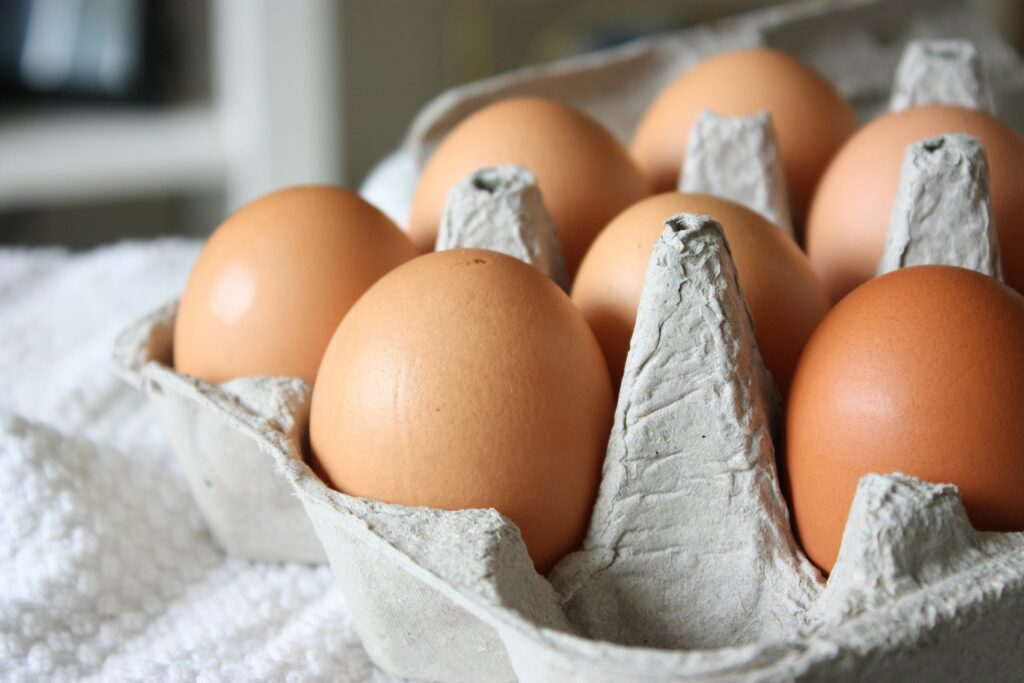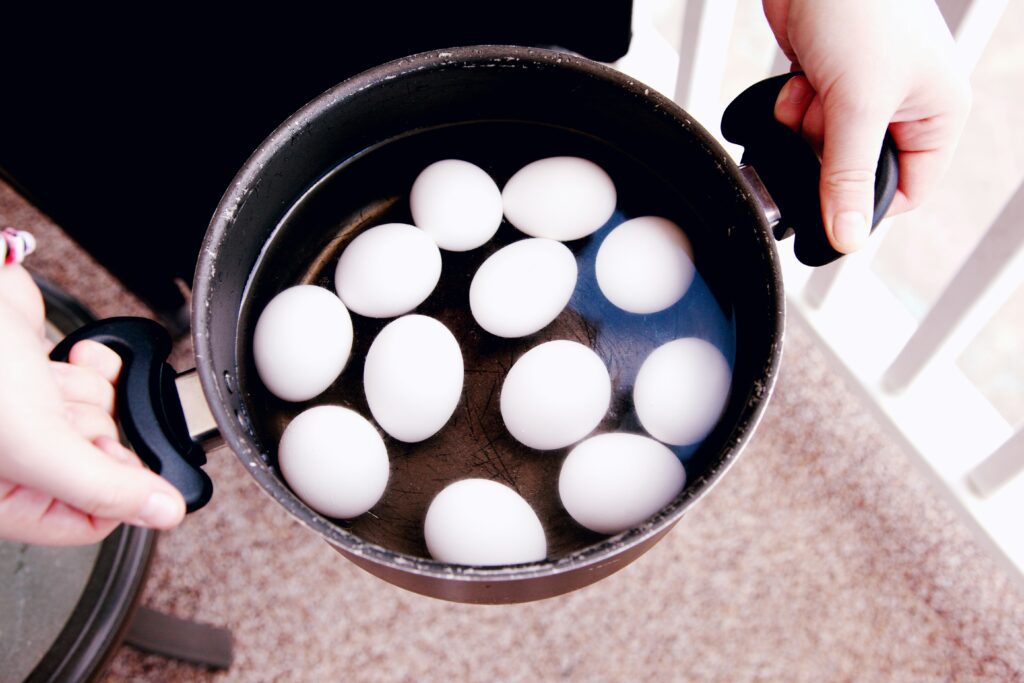Navigating Egg Freshness: Your Go-To Strategy for Spotting Spoiled Eggs
In the culinary world, eggs play a pivotal role, serving as the foundation for countless recipes and morning rituals. Their popularity, however, comes with the caveat of a finite shelf life, after which their quality wanes and they may pose health risks. The ability to discern whether your eggs are still in their prime or have crossed into the realm of spoilage is a valuable skill for anyone from the casual cook to the seasoned chef. This article demystifies the process, providing you with practical advice to ensure your eggs are fresh and safe to consume.

The Float Test: A Time-Honored Technique
A remarkably simple yet effective method to gauge an egg’s freshness is the float test. This involves submerging the egg in a container of cold water. Fresh eggs will sink to the bottom and rest horizontally, indicating they are fresh. If an egg stands on one end at the bottom of the bowl, it’s older but can still be used. However, if it floats to the top, air has permeated its shell over time, signaling it’s no longer safe to eat. This test hinges on the principle that as eggs age, the air cell inside enlarges, affecting their buoyancy.
Sensory Checks: Seeing and Smelling
Prior to cracking them open, inspect eggs for any visible cracks or signs of leakage, which are immediate red flags for contamination. Upon opening, scrutinize the egg for any unusual appearance or odor. A fresh egg will have a vibrant yolk and a clear, gelatinous white. Any signs of discoloration, sliminess, or mold growth are sure signs that the egg has gone bad, and is not safe to eat. Smell is also a critical factor; fresh eggs should not have a noticeable odor. If you’re greeted with a foul or sulfuric smell upon cracking an egg, it’s best to err on the side of caution and discard it.
Ideal Storage: Keeping Eggs Fresh
The longevity and safety of eggs are greatly impacted by how they are stored. Refrigeration is crucial, as it slows down the aging process and slws down bacterial growth. Eggs are best kept in their original carton in the coldest part of the refrigerator, not the door, to protect them from temperature fluctuations and odors from other foods. When stored properly, eggs can remain safe to eat well beyond their sell-by date, typically up to three to five weeks.
Deciphering Date Labels: A Guide
Understanding the dates on egg cartons can help in assessing their freshness. The “sell-by” date is for retailers, indicating the last day the eggs should be offered for sale, but they can still be eaten for some time after this date if stored properly. The “expiration” or “use by” dates are more directly aimed at consumers, suggesting when the eggs may begin to decrease in quality. However, these dates are not hard-and-fast rules but should be considered alongside proper storage practices and physical checks.

Final Thoughts
Eggs are a nutritional boon and a kitchen staple, but their perishability requires vigilance to ensure they remain a healthy part of your diet. By mastering the float test, conducting thorough sensory checks, adhering to optimal storage conditions, and making sense of date labels, you can confidently navigate the freshness of your eggs. This knowledge not only promotes food safety but also helps in minimizing waste, ensuring that each egg you use is both delicious and nutritious.
